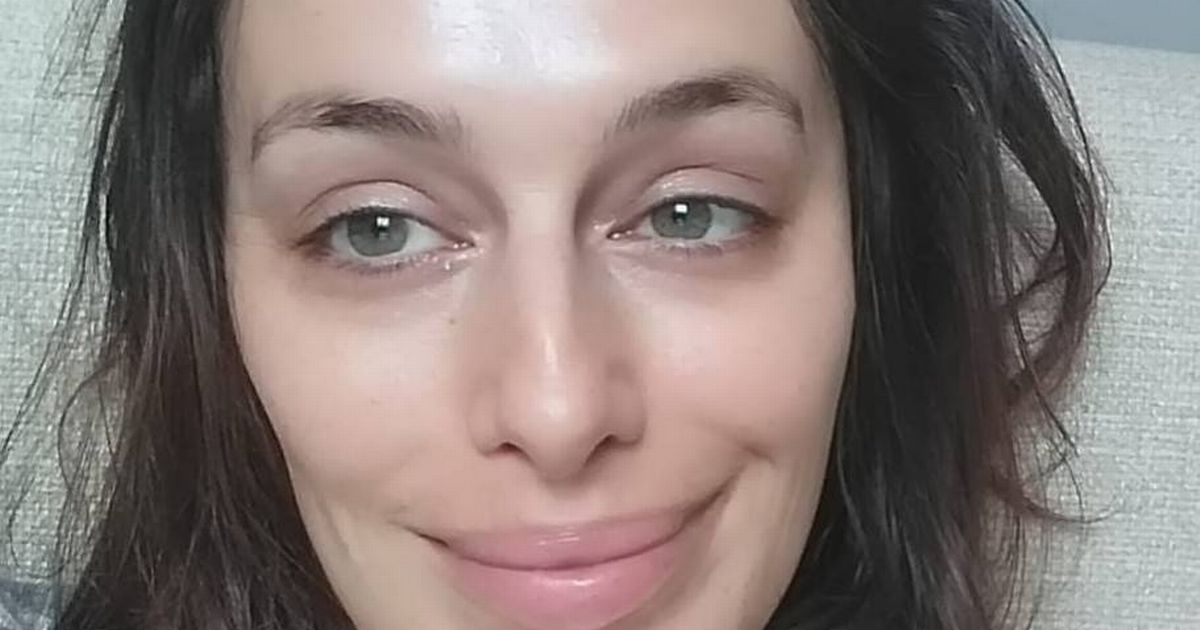Anna Chithrakala, 45, was left unable to walk, talk or move the right side of her body after suffering a brain bleed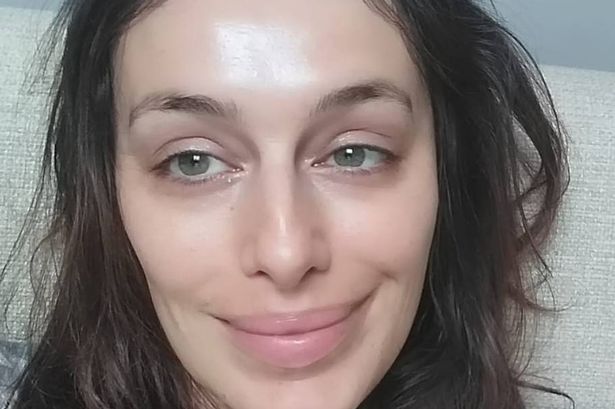 Anna suddenly collapsed while out on a walk
Anna suddenly collapsed while out on a walk
A teacher who collapsed with a severe brain bleed has embarked on a gruelling 1,000-mile journey to Hungary for rehabilitation after a harrowing experience with the UK’s healthcare system.
Anna Chithrakala, a 45-year-old English teacher and palliative carer from London, was struck down during a walk in December when she suddenly became unable to speak and lost consciousness.
After being speedily taken to hospital, surgeons spent six hours operating on Anna’s brain due to a severe bleed, and it was later determined that she had suffered a stroke, rendering her incapacitated; she could neither walk, speak, nor move her right side.
Transferred to University Hospital Lewisham for recovery, she alleged experiencing “bullying nurses” and enduring “noisy wards”, situations so distressing she even attempted to physically leave what she likened to a “nightmare”.
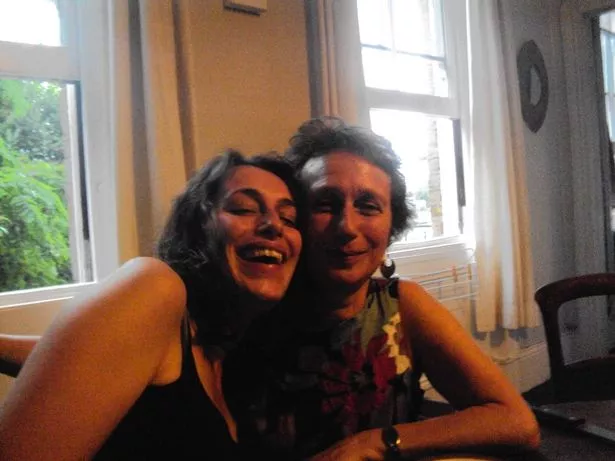 Anna and her mother
Anna and her mother
In an effort to see her daughter regain her ability to walk and talk, Piroska Markus, 69, Anna’s mother of Hungarian descent, discovered a recovery programme in a Hungarian hospital, leading to the family’s decision to drive Anna across Europe—a two-and-a-half-day journey from London—this past February.
Now enrolled in a comprehensive rehabilitation programme in Hungary at £500 per week—a rate markedly cheaper than private care options in the UK—Anna is relearning basic functions, including walking and talking, skills which were out of reach before, as she couldn’t even blink.
Facing financial hardships with their funds depleting by June 2, her family have initiated a GoFundMe campaign with high hopes to sustain Anna’s recovery path.
“I love it here,” Anna expressed to PA Real Life, speaking from her hospital bed in Hungary with the support of her mother and 40 year old brother Senthil Seveelavanan.
“This hospital makes a difference to my recovery as everyone is optimistic and everything is about being active.
“In Lewisham, everything was pessimistic, nurses were bullying patients and the wards were very noisy with people mostly remaining in bed.
“I tried to climb out of the bed and escape the hospital.”
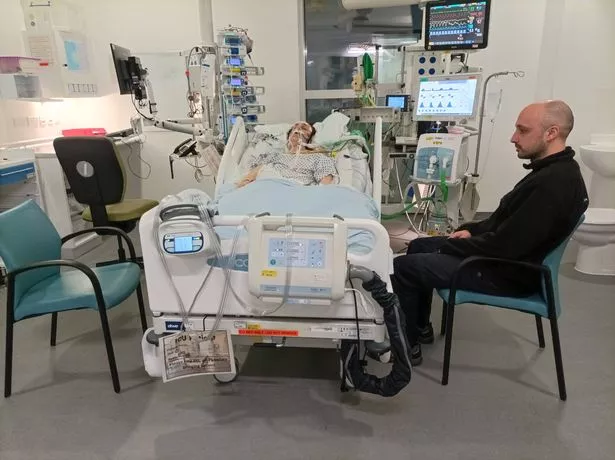 Anna in a coma at the ICU with her brother Ruben by her side
Anna in a coma at the ICU with her brother Ruben by her side
Before her health ordeal, Anna worked freelance as an English teacher and live-in palliative carer, while also studying to become a complementary medicine practitioner.
On December 21, 2024, during a walk with her care patient and a friend, Anna suddenly lost her ability to speak and collapsed, without any warning signs.
Her family reported that it took the ambulance 35 minutes to arrive and faced further delays before departing for the hospital due to issues with administering care to her.
It then took five hours for Anna to receive surgery for a brain haemorrhage at Bristol Southmead Hospital, following a transfer from a smaller facility that couldn’t provide the necessary treatment.
“From her collapse, it took five-and-a-half hours to get her into surgery at the right hospital,” her brother Senthil recounted.
“This was partly due to ambulance staff having to register her before rushing her to the hospital.
“It was just complete inefficiency.”
Anna underwent two brain surgeries and was put into an induced coma.
“She was between life and death for several weeks,” her mother Piroska revealed.
Six weeks after her ordeal, Anna was transferred to University Hospital Lewisham’s stroke ward to be nearer to her family, including her younger brother Ruben Seveelaventhen, 38, from London.
However, she alleged that the nurses on the “very noisy” wards were “bullying” patients, recounting an incident where one nurse appeared to “mock” her condition.
“On my first night in Lewisham, a nurse said to me ‘what is a stroke?’ in a mocking way and I wasn’t able to speak to stand up for myself.”
Anna claimed.
By mid-February, doctors suggested that Anna could be discharged from the hospital.
Yet as an NHS outpatient, she would only receive two-and-a-half hours of rehabilitation each week for a maximum of one month post-discharge.
Concerned that this wouldn’t suffice for Anna’s recovery, her family sought out alternative treatment at the National Medical Rehabilitation Centre Budakeszi, which offered comprehensive therapy and accommodation – a service quoted at around £5,000 by private UK providers.
While the programme is free for Hungarian nationals, it costs Anna £500 weekly as an international patient.
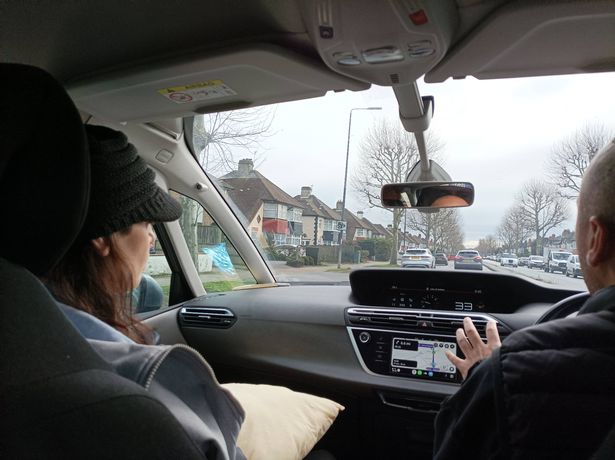 Anna and her family leaving London
Anna and her family leaving London
On February 25, her family embarked on a two-and-a-half-day drive to Hungary, where Anna has since been participating in the programme.
There, she benefits from a range of therapies including physiotherapy, speech and language therapy, hydrotherapy, music therapy, occupational therapy with cooking skills, and robotics therapy to aid movement in her right arm and leg.
Additionally, she receives weekly counselling sessions with a therapist at the centre.
Piroska remarked: “I knew that rehabilitation is a strong part of the culture here and the philosophy of rehab is different.
“The machinery is all around so patients can use it whenever they like.
“Anna shares a room with only one other person and they have their own balcony overlooking a forest and a bathroom adapted to their needs.”
Despite Anna’s right hand and foot remaining paralysed, she has managed to walk with considerable effort.
She’s also making progress in regaining her speech, now speaking in fragmented sentences, and is slowly recovering her cognitive functions.
Anna and her family are actively working to raise awareness about the shortfall in rehabilitation services provided by the NHS and have initiated a GoFundMe campaign to support her ongoing recovery journey.
All contributions will be channelled towards Anna’s rehabilitation and any necessary equipment.
“There are so many people who do not get the rehabilitation that they need and they suffer for all their lives,” Piroska stated.
“It is a false economy cutting corners on rehab.
“These people could work or study but the lack of facilities takes it away from them.
“Anna has gone from not being able to blink to sometimes talking in complete sentences and she is getting better all the time.
“We want to thank everybody who has donated. It’s been lifesaving and we can’t say thank-you enough.”
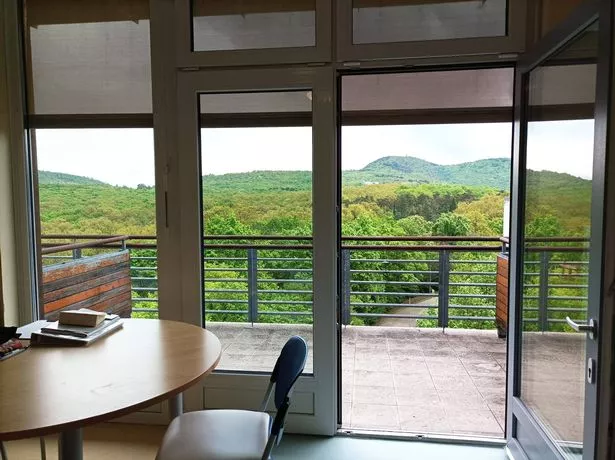 The view from Anna’s room at the rehabilitation hospital in Hungary
The view from Anna’s room at the rehabilitation hospital in Hungary
A spokesperson for Lewisham and Greenwich NHS Trust expressed regret, stating: “We are very sorry to hear about Ms Chithrakala’s experience with us and would encourage her and her family to contact us directly so that we can open a formal investigation into their concerns.”
They added: “We wish Ms Chithrakala well with her continued recovery and hope that she is able to return home soon.”
For further information or to support, visit Anna’s fundraiser here.
